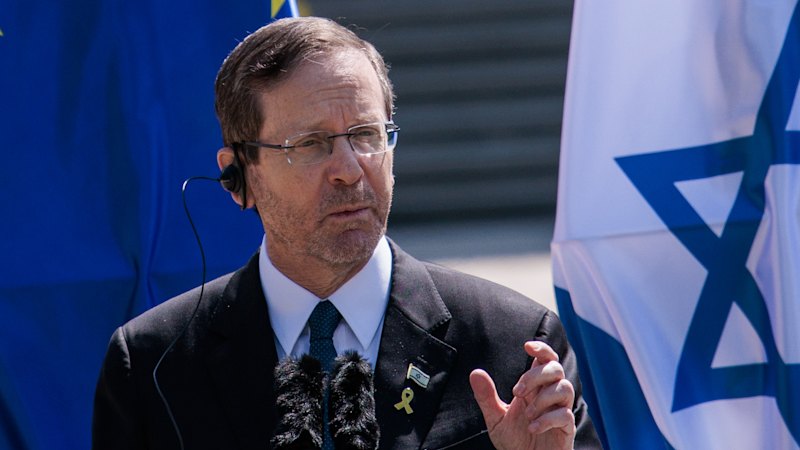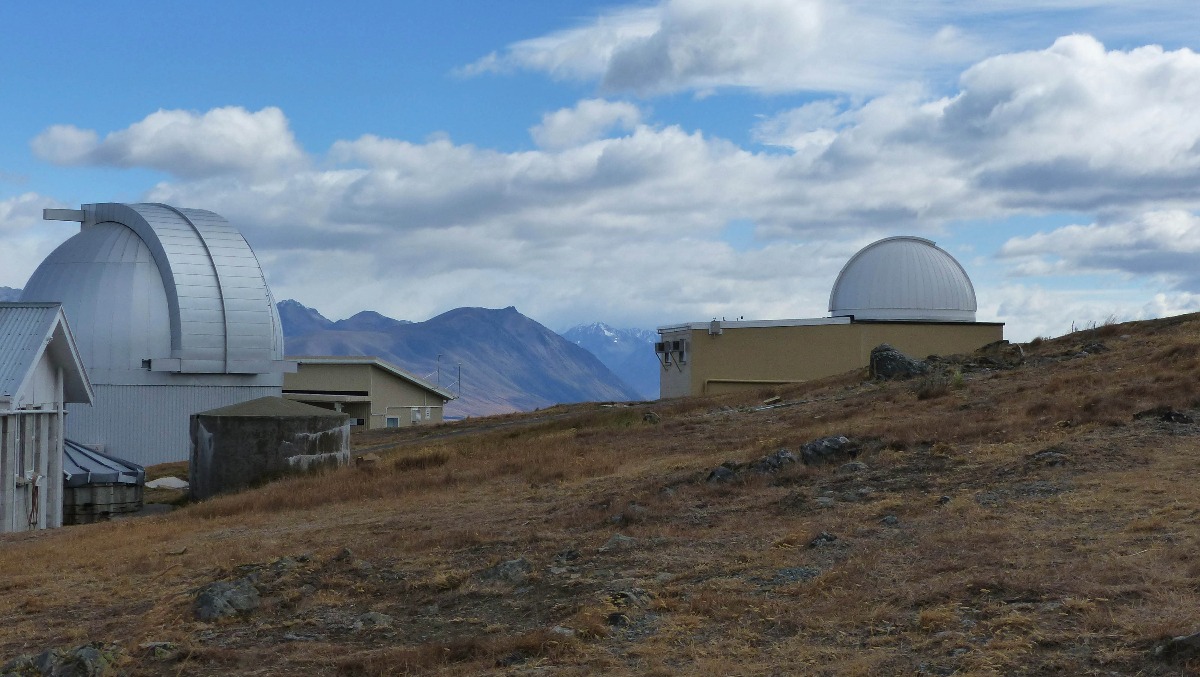
Recent developments in Australian politics have sparked discussions about potential changes in key electoral seats and public sentiment on crucial national issues. Reports suggest that Michelle Landry, the Liberal National Party (LNP) member for Capricornia, may retire before the next election, with Senator Matt Canavan potentially eyeing her seat. Meanwhile, James Ashby, Pauline Hanson’s chief-of-staff, is contemplating a run for One Nation in the same constituency.
These political maneuvers come amid fresh polling data that reveals Australians’ divided opinions on climate policy, immigration, and trust in government. The Resolve Strategic poll, conducted over the weekend, highlights the nation’s ambivalence towards achieving net zero emissions by 2030. The poll shows equal support for both aggressive and moderate approaches to climate action, with 28% advocating for maximalist efforts and another 28% preferring a more aspirational goal.
Political Shifts in Capricornia
The potential retirement of Michelle Landry has stirred the political waters in Capricornia. Geoff Chambers of The Australian reports on the “rising expectations” surrounding Landry’s departure, which could pave the way for Senator Matt Canavan to contest the seat. Canavan, a prominent figure within the LNP, may face pressure from colleagues to make the move.
In a surprising twist, James Ashby, known for his role as Pauline Hanson’s chief-of-staff and his unsuccessful bid for the Keppel seat in the 2024 Queensland state election, is “seriously considering” entering the race for One Nation. This development could signal a significant shift in the political landscape of Capricornia, a region with a history of fluctuating party allegiances.
Public Opinion on Climate Policy
The Resolve Strategic poll provides insight into Australians’ views on climate policy, particularly the goal of achieving net zero emissions by 2030. The poll reveals a nation divided, with 28% of respondents supporting a maximalist approach, advocating for all necessary measures to meet the target. Another 28% favor a more moderate stance, viewing the target as an aspirational goal rather than a binding commitment.
Forty-three percent of Australians believe the country will achieve the 43% emissions reduction target by 2030, while 22% are skeptical.
These findings indicate a complex public sentiment towards climate action, reflecting broader global debates on balancing economic growth with environmental responsibility. The poll’s results underscore the challenges facing policymakers as they navigate these competing priorities.
Immigration and Trust in Government
In addition to climate policy, recent polling data sheds light on Australians’ views on immigration and trust in government. According to The Australian’s Newspoll, a significant majority of 64% believe the current level of immigration is too high. Only 10% think it is too low, while 26% feel it is about right.
When asked about the impact of immigration, 23% of respondents view it as beneficial, 20% see it as harmful, and 55% consider it a mix of both.
Meanwhile, a survey by the McKinnon Institute, conducted by Roy Morgan, explores Australians’ trust in government and democracy. The survey reveals a healthy level of skepticism, with 54.5% expressing satisfaction with how democracy works in Australia, compared to 34% satisfaction in a similar American survey by Gallup.
These findings highlight a nuanced perspective on governance, where Australians maintain a critical yet supportive view of their democratic institutions. The contrast with international surveys suggests that while skepticism exists, it is not as pronounced as in other Western democracies.
Implications and Future Outlook
The political landscape in Australia is poised for potential shifts as key figures contemplate their next moves and public opinion continues to evolve on critical issues. The potential candidacy of figures like Matt Canavan and James Ashby in Capricornia could reshape the region’s political dynamics, influencing broader national trends.
At the same time, the divided public sentiment on climate policy and immigration underscores the challenges facing Australian leaders. As they seek to address these complex issues, policymakers must balance competing interests and priorities, ensuring that their strategies resonate with a diverse and sometimes divided electorate.
Looking ahead, the interplay between political ambitions and public opinion will likely shape Australia’s policy landscape in the coming years. As the nation grapples with pressing challenges, the decisions made today will have lasting implications for its future trajectory.







